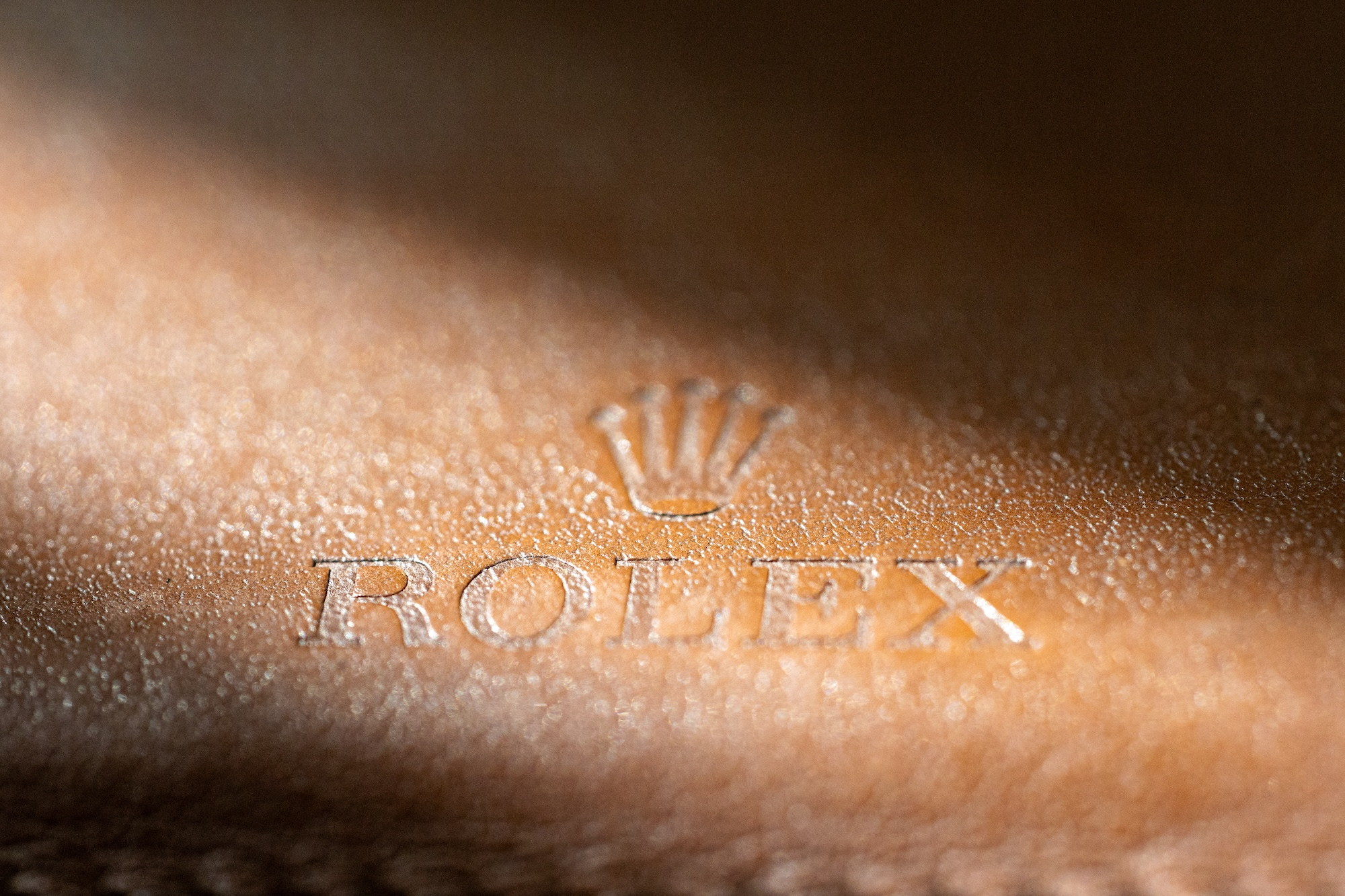Based on recent court decisions, a significant lawsuit involving Rolex and watch winders highlights the importance of protecting brand identity and trademarks, even for products not directly manufactured by the brand.
Specifically, the Paris Court of Appeal recently ruled in favor of Rolex in a dispute against French luxury trunkmaker Pinel & Pinel regarding its watch winders. Even though Rolex doesn’t produce watch winders, the court found that Pinel & Pinel’s winders unlawfully traded on Rolex’s reputation and trademarks. According to The Fashion Law, The court found that Pinel & Pinel’s use of designs, color schemes, and product names (such as “GMT”, “SUB”, “DT”, and “XP”) created a misleading association with Rolex’s iconic models like the GMT Master, Submariner, Daytona, and Explorer.
This ruling emphasizes that luxury brands can protect their brand identity and reputation even in product categories they don’t directly produce. The court found that Pinel & Pinel’s actions constituted unfair and parasitic competition by leveraging Rolex’s recognition and prestige without adding their own creative value.
The court ordered Pinel & Pinel to stop selling the infringing winders and awarded Rolex a lump sum of €75,000 (approximately $87,796) to reflect the harm caused to its brand image and the undue advantage gained by Pinel & Pinel.
This case sets a precedent for other luxury brands, sending a clear message to accessory makers and adjacent industries that using brand codes and names without authorization can have legal consequences. It demonstrates that courts are increasingly willing to protect a luxury brand’s carefully crafted image and exclusive universe.

